Randy Rodriguez
Regret. Regret is what you are left with when all the “What if” circular thinking is exhausted. I saw a poster once where the inspirational words read, “If only I could go back to that moment just before everything started to go wrong.” As a caregiver, that is the emotional framework you live in, with the ”live in the present” approach to life. Not because you’ve mastered the art of being present, but because when you caretake for someone with psychosis, there is no plan, there no roadmap, there is no future. Hope is a circus-mirror reality, warped into patterns only you can recognize. I spend every waking minute of existence working to pull normalcy into life, while my impacted spouse spends every waking hour unconsciously destabilizing it. The internal voices overpower family, daughter, husband, parents, friends. I am stuck between. Love drives me. Responsibility drives me. Doing the right thing drives me. Laws, medications, treatments, confinement all deserve discussion. But so does the isolation of the caregiver without buttering it with excessive optimism. This is hard.
Sam Marx
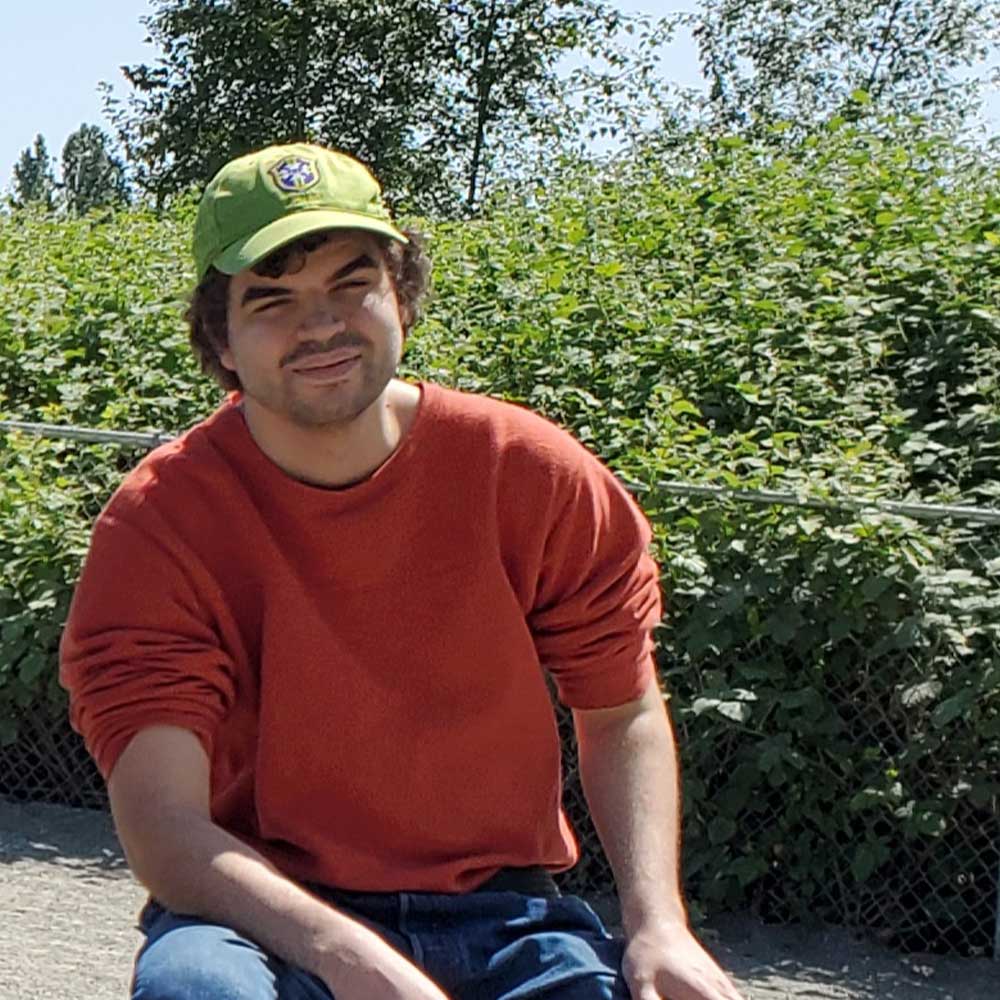
Our 30-year-old son passed away last March. He died of natural causes from a heart attack. He was first diagnosed with schizoaffective and bipolar while in college. He lived with us for nine years, and last year moved into a residential treatment center. He was doing so well. He was enjoying meeting new people. He was on his new medication. He was an athlete before his diagnosis, but with all the medications and lack of exercise, the autopsy showed he had an enlarged heart. He was a kind and polite person. We miss him every day. It makes me smile to think he literally had a big heart. I miss him so much.
Jodi K Bisio
The thought of being where I am versus where I would be,
What a life to prove schizophrenia doesn’t define me.
A living hell nobody wants to admit or endure.
A diagnosis people will run from, I am quite damn sure.
A purpose in life that was pushed far away each day.
A woman’s future, yet so tainted with unforgiven delay.
A love of herself that grew broken, no longer strong.
A life that was torn apart and done so wickedly wrong.
Barbara Diffendal
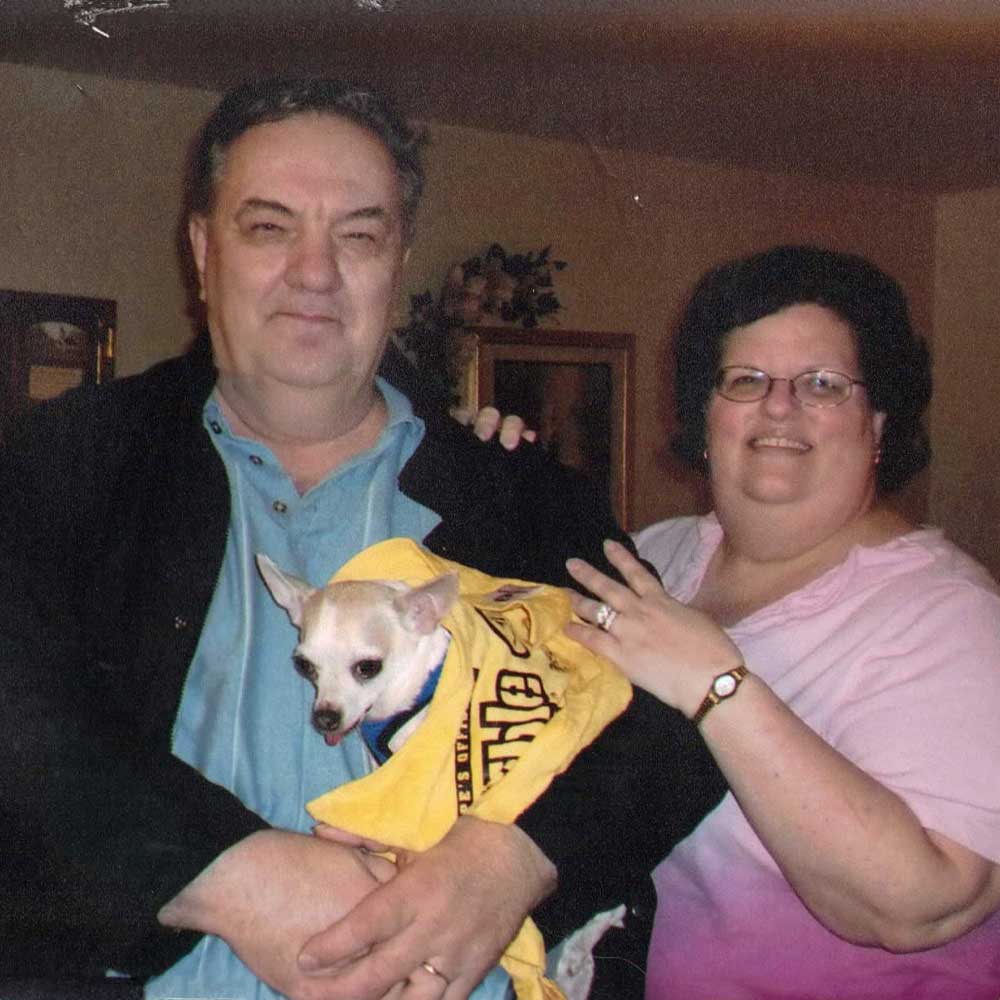
My husband is 73. We’ve been together 30 years. He was diagnosed when he was about 25 years old. He worked 16 years with the voices, and he had an understanding boss who made allowances for him. He was afraid of the voices, but he took medication, including the newer ones that came along. He qualified for disability [pay] and I worked. It worked out for us until he developed anosognosia.
Mide Kraja

For more than two decades, my younger sibling has been living with schizophrenia. In recent years, his condition has worsened, leading to frequent emergency room visits and stays in inpatient behavioral clinics. Amid all of this, I have witnessed my parents – his primary caregivers – demonstrate unconditional love. Whether visiting him in the hospital every chance they get or enjoying small moments together – taking him to coffee shops, going shopping or driving along the coast – their love is constant. However, as anyone with a loved one with schizophrenia knows, such activities have become rare. The difficult days outnumber the good ones. Our greatest wish for him is to find a quality of life where he can engage with the world in a way that brings him a deep sense of peace and joy.
Kristin Gibson
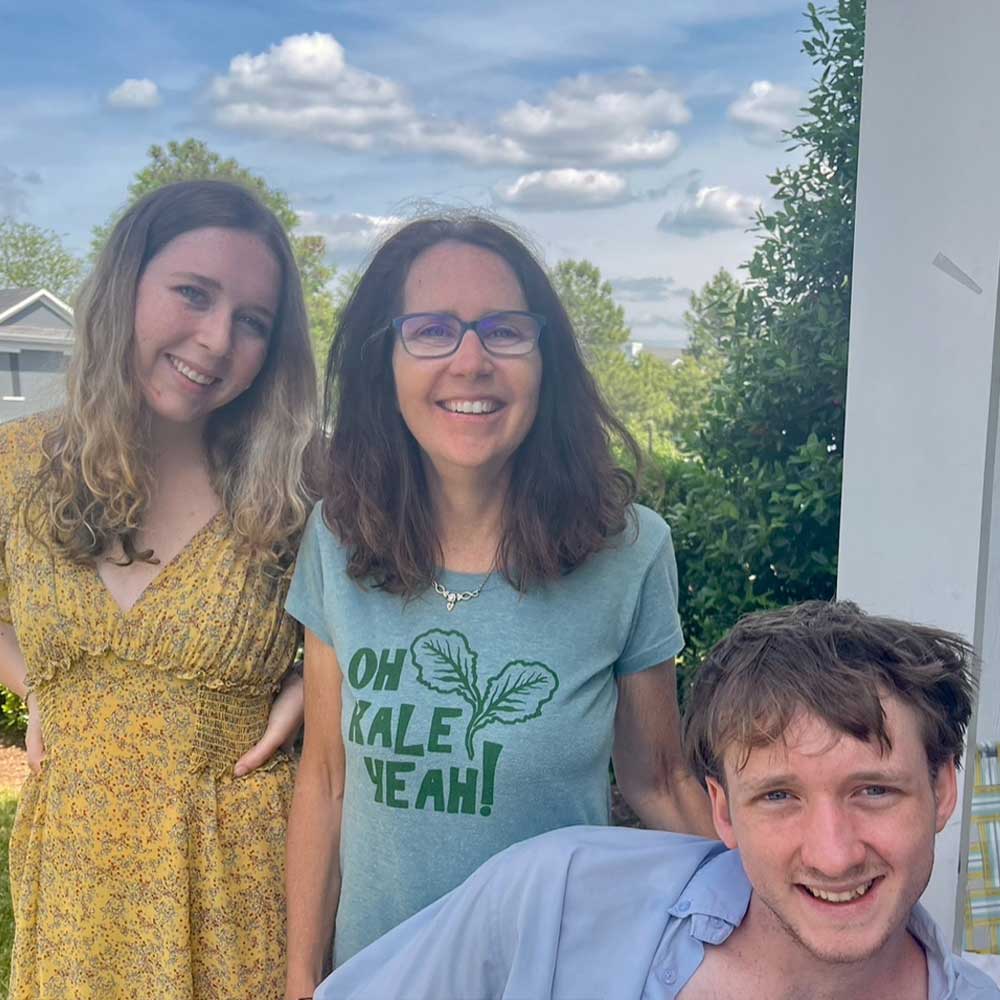
What gives me hope and inspiration is the bravery and fortitude of my two children. What gives me strength is the other families and caregivers I’ve met on this long journey. What gives me HOPE and keeps me going is the exceptional doctors, nurses, therapists, peers and providers who give all their heart and compassion on darkest days. Both of my children are in recovery from episodes of psychosis. My daughter, diagnosed first with depression, anxiety and anorexia, eventually presented in full-bloom mania and psychosis before doctors really knew the best diagnosis/treatment course for her.
Maye Jepson
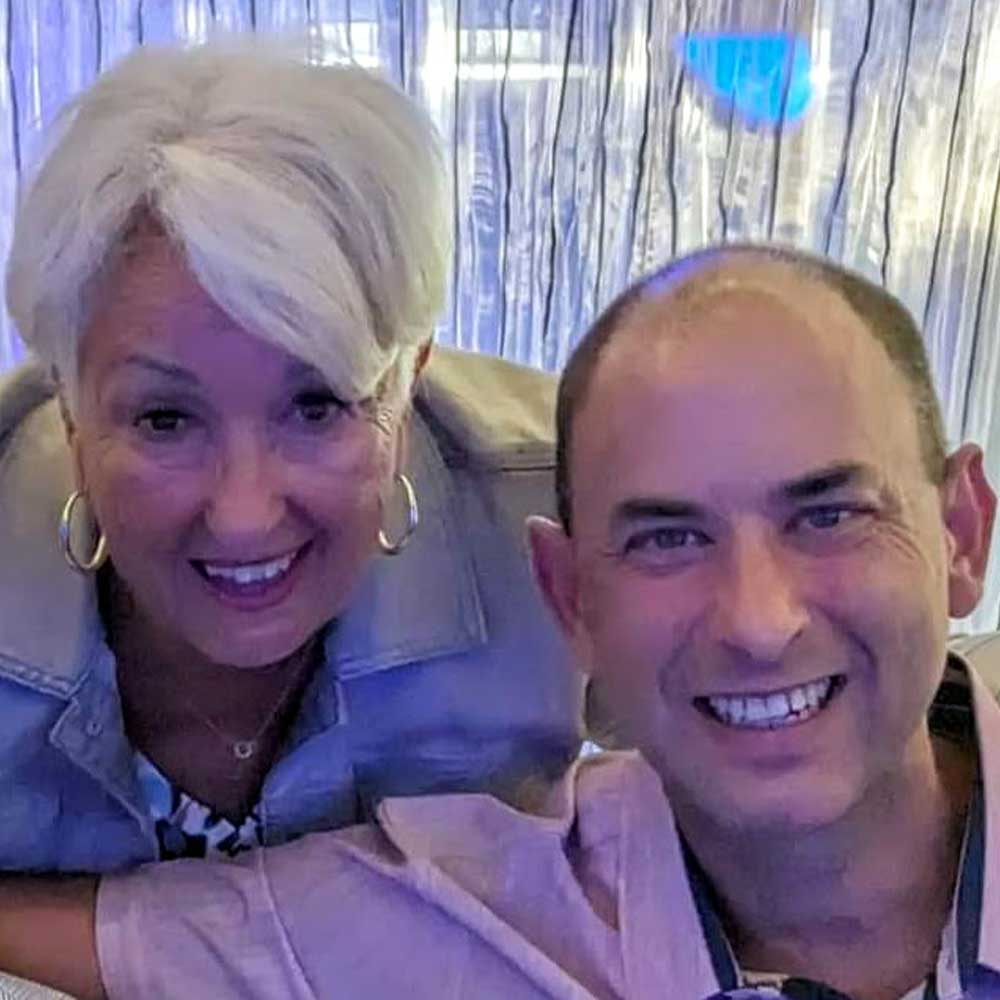
Our lives were changed forever when we received a call from our youngest son. He was enlisted in the U.S. Army and serving as a cavalry scout at Fort Irwin, Calif. Shock does not adequately describe my feelings when he told me he had been sent to a mental health facility and diagnosed with schizoaffective disorder. That was more than 20 years ago. The challenges have been numerous: medication changes, late-night calls, explanations of what doesn’t make sense to him…all the problems that come with this horrible condition. Today he is in recovery – not cured, but over the years, with a solid treatment plan, he has learned to manage the symptoms and live a meaningful life.
Matthew Petersen
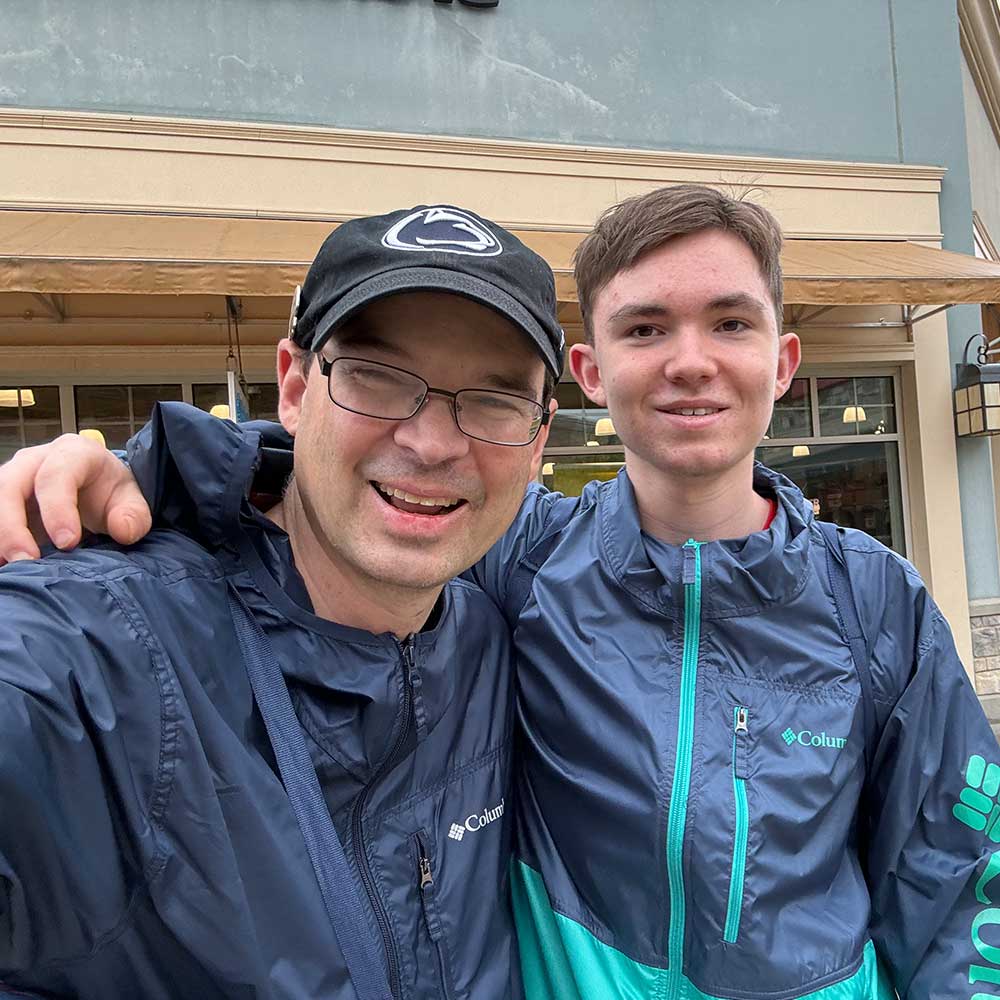
My son Luke is 16. For six years, he has had mental health challenges that were brushed aside by our broken healthcare system. I never stopped fighting for him, and those efforts paid off when he was given a schizophrenia diagnosis earlier this year. With the help of [medication] and psychiatry, his quality of life has improved dramatically. I gain strength in knowing I fight not only for Luke, but for others. I can see the results! I have hope in knowing those with schizophrenia can lead productive lives!
Christen J Q White
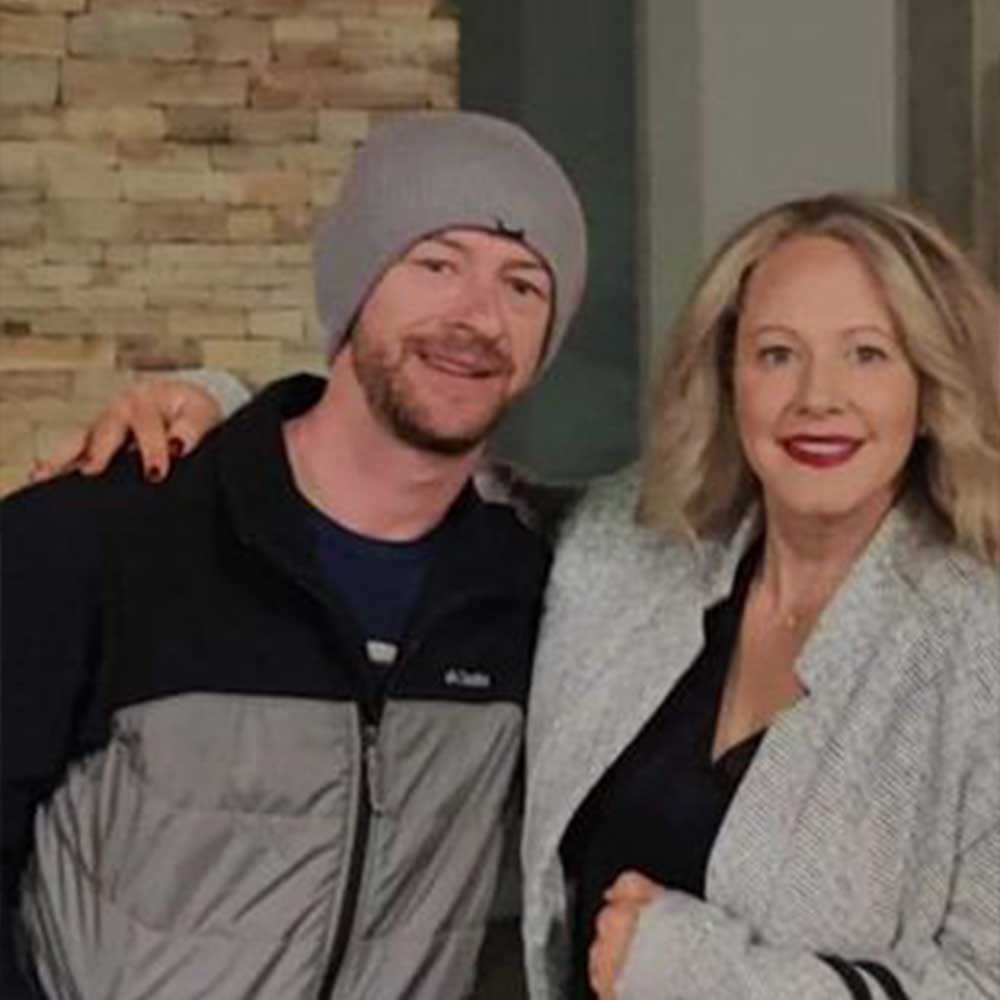
Being a caregiver for someone with mental illness, particularly schizophrenia, is a profound and often heartbreaking experience that can be difficult to articulate. Watching a loved one struggle with this debilitating condition feels like witnessing them being held captive by an ugly disease that distorts their reality. The most painful aspect is that they often do not recognize that anything is wrong. This creates a unique challenge for caregivers, who must navigate the complexities of communication while dealing with psychosis, depression and other symptoms that profoundly affect their loved one’s thought processes.
Shelby and Patricia Troy
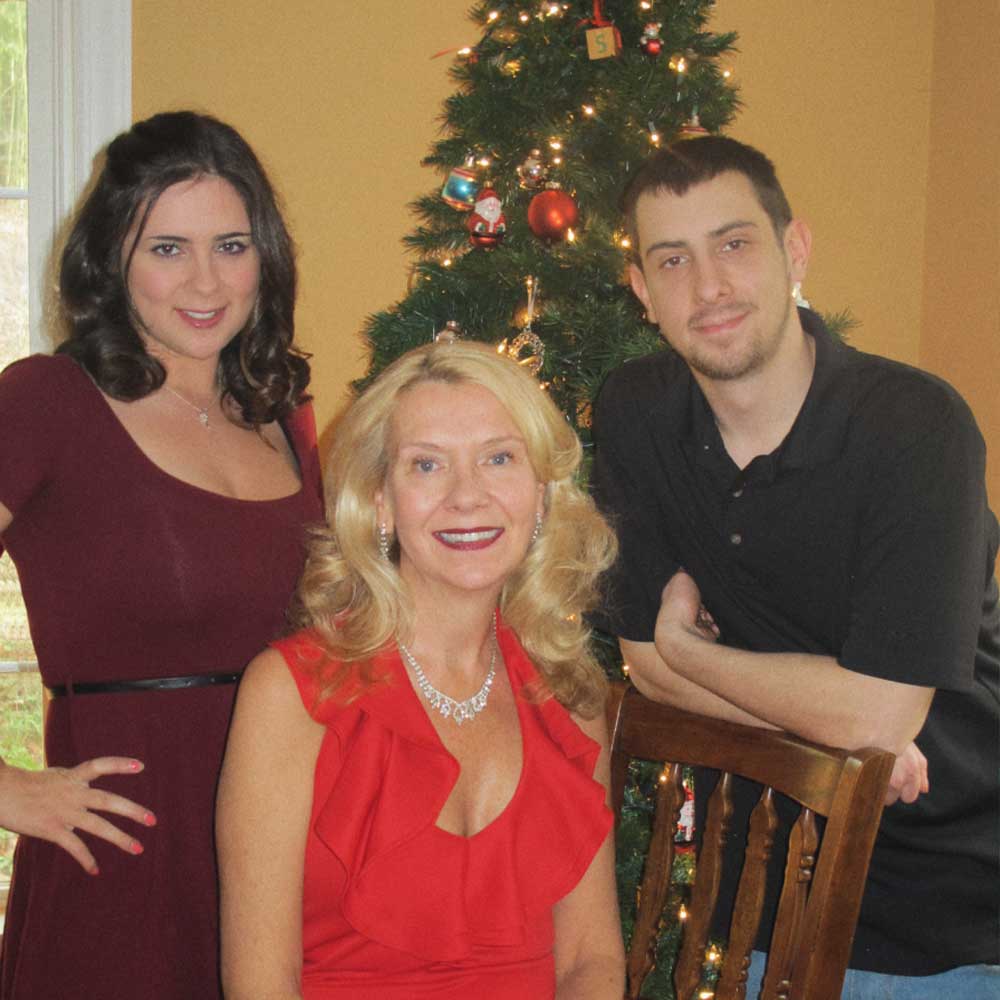
I am submitting this on behalf of my mom, Trisha. She took on total care of my older brother, Harrison, from the moment he was diagnosed up until he passed on July 4, 2023. He struggled greatly with his paranoid schizophrenia and my mom took on the role of managing his care, getting him to his appointments, food shopping, cleaning – you name it. I know it was incredibly difficult for my brother, of course, but for my mom, as well. It just goes to show how much she loved him and would have done anything for him.
